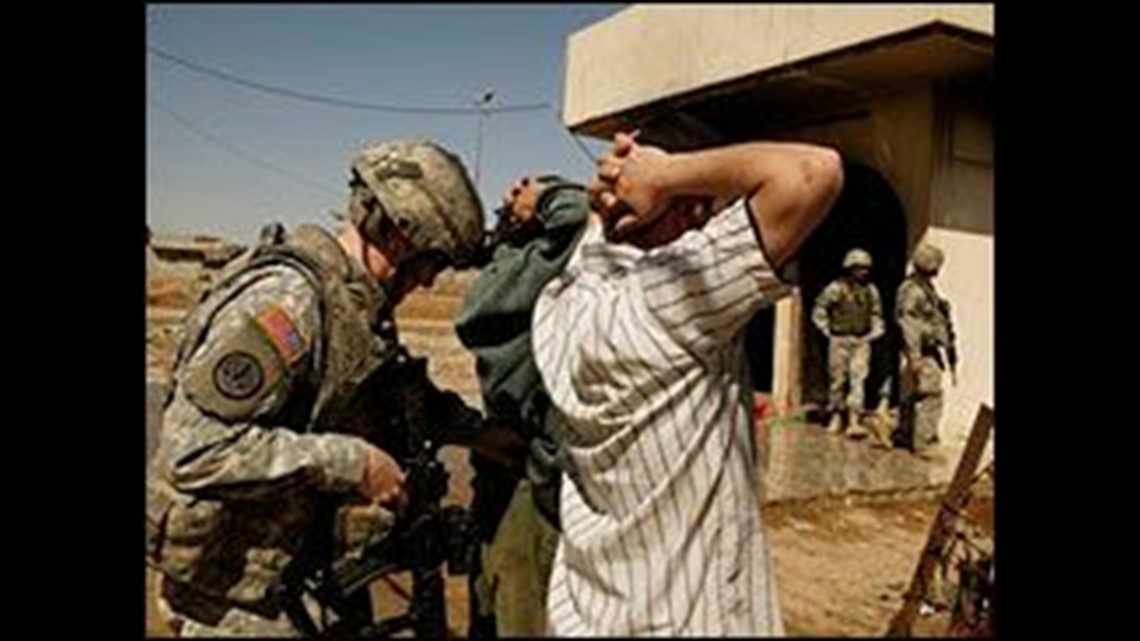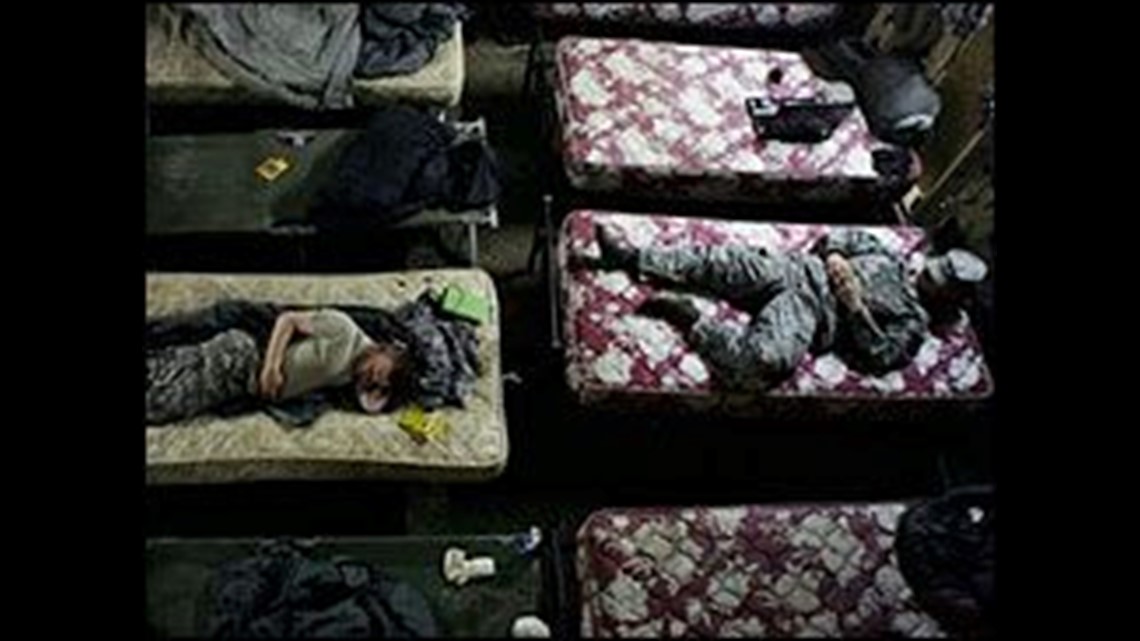



.
(CBS) Five years after the war in Iraq began, and after almost 4,000 American lives lost, the fight here is far from over.
The so-called surge, that is now more than a year old that saw 30,000 extra troops pumped into Baghdad, has, to a point, succeeded in flushing al Qaeda in Iraq out of the capital.
The city has been partitioned with miles of concrete blast walls, dotted with hundreds of checkpoints. The increase in troops helped to choke off the belt-towns surrounding Baghdad that for so long acted as staging posts for the suicide bombers who would ride into the city to detonate their lethal cargo in the busy markets and streets.
People can move about Baghdad more freely now, but this walled rabbit warren of a city is far from harmonious. While it serves to keep the terrorists out, it also separates those within.
Undeniably, during the last year Baghdad and the west of the country, at least, has seen much change.
Last May was one of the bloodiest for U.S. troops and Iraqis since the battle for Fallujah in 2004. Spectacularly violent roadside bombs were still a very frequent occurrence. Scores of bodies were being dumped daily around the capital - many were victims of death squads who roamed the city engaged in a form of religious genocide. In this one month alone, almost 2,000 Iraqis - civilians, policemen, soldiers - were killed.
But then, slowly, there was a shift.
Al Qaeda in Iraq overplayed its hand in Anbar province, its stronghold to the west of the country. Local residents grew tired of the summary beheadings and harsh imposition of Islamic law (there were reports of the fingers of those found smoking being cut off). Many who had sided with the insurgents and spent years killing U.S. soldiers simply got fed up with running from the Americans.
So, Gen. David Petraeus, the top U.S. commander in Iraq, began the counter-insurgency tactic that would push the insurgents from their havens.
Iraqis were encouraged to police their own neighborhoods as Concerned Local Citizens (CLCs), a typically sanitized military euphemism that one U.S. officer dubbed "neighborhood-watch on steroids". This so-called "awakening" helped deny the insurgents a base and began to reap "actionable intelligence" on al Qaeda in Iraq.
Gains were made and communities secured - to a degree.
But now the conflict has shifted to the edges of the country.
The strongholds of al Qaeda in Iraq can now be found to the north - in Mosul, in Ninevah, in Diyala. The fighting there is as fierce as it has ever been.
But, the CLCs in Baghdad and in Western Iraq, who have taken American money, guns and help - who have opted for self-protection - these groups must be kept on the side for the gains to last.
Of the roughly 80,000 concerned local citizens currently working alongside U.S. forces, only 25 per cent can be absorbed into the army and police. For the rest, there must be jobs, or they risk becoming disillusioned, frustrated, and perhaps returning to their old ways.
Gen. Petraeus told CBS News a week ago that this, above all else, was the thing that kept him awake at night.
However, the southern city of Basra is another elephant in the room that may soon begin to haunt the general. The oil-rich region at the very bottom of the country, with its crucial seaports into the Persian Gulf, has been all but given up by the few-thousand remaining British troops holed up at the airbase there. Warring militias own the streets, corruption runs rife throughout the local government.
And while Muqtada al-Sadr, the radical Shiite cleric, has extended the ceasefire of his powerful Mahdi army easing much of the sectarian bloodshed of past years, his power may be waning. Breakaway groups are already expressing their dissent in the only way they know how: with bombs and bullets.
So the next few months, as the 30,000 extra U.S. troops are drawn down, as the fighting to the north continues, as the economy and divided national government try to build on the security successes of the past year, will be as crucial as any Iraq has ever seen.
The point that the American generals and colonels make over and over again is that this recent stability is relative and, most importantly, reversible.
It would seem that the war for peace in Iraq has a long way to go.

